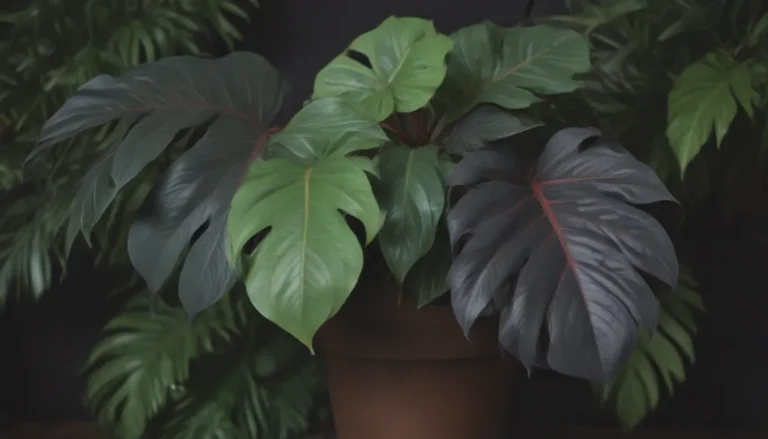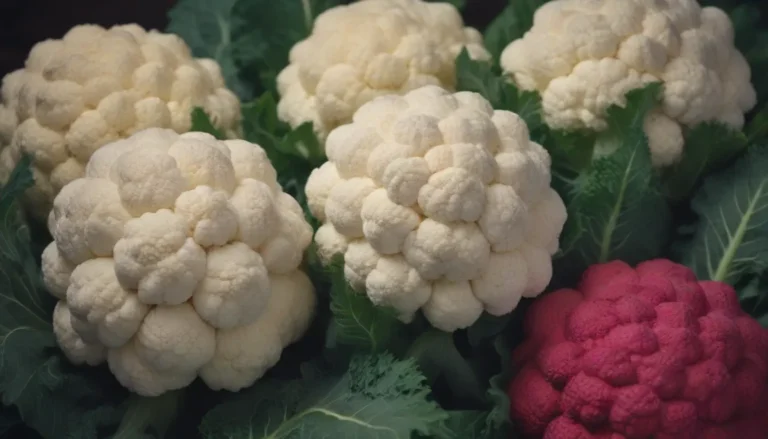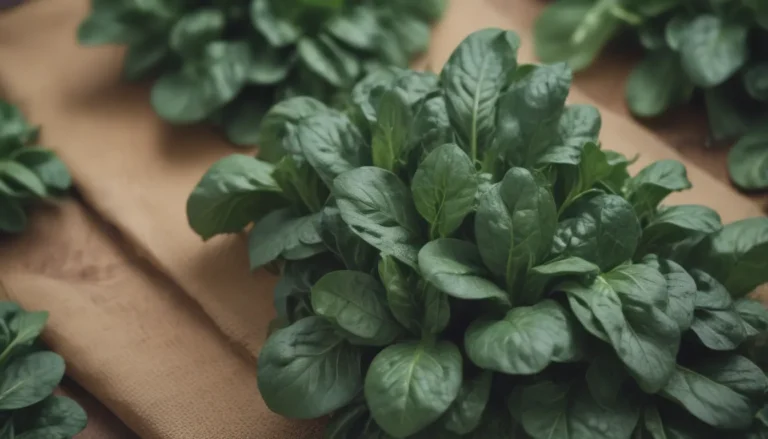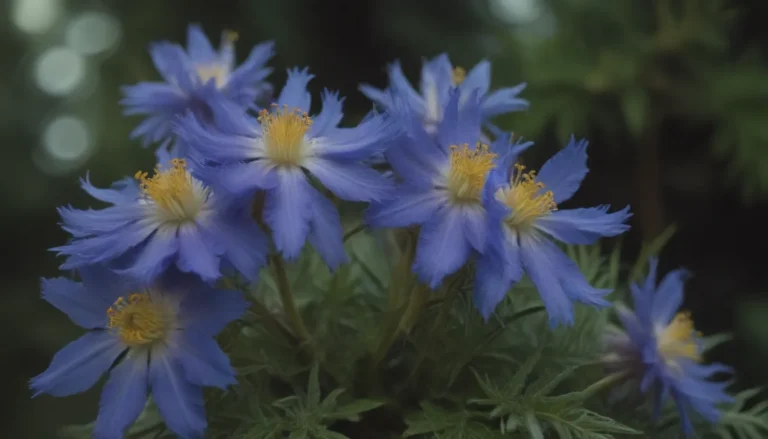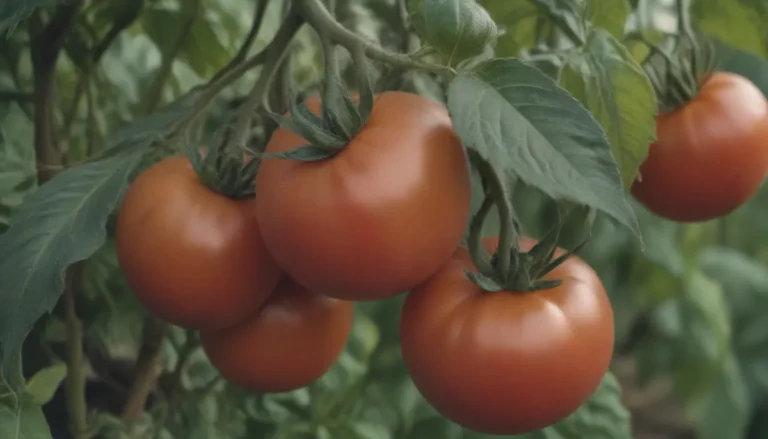Understanding the Difference Between Compost and Fertilizer: A Comprehensive Guide for Gardeners
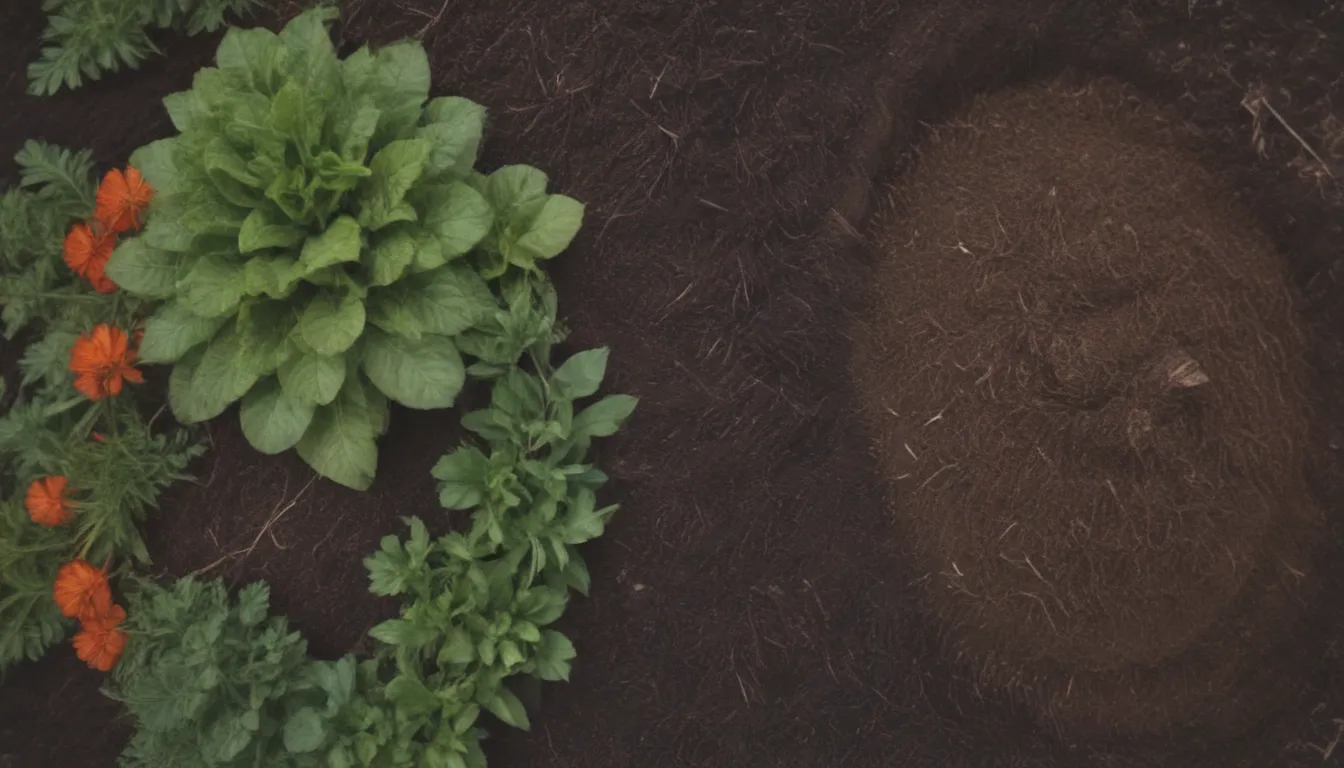
Are you a beginner gardener who’s confused about the difference between compost and fertilizer? You’re not alone! The world of gardening can be a bit overwhelming at first, especially when it comes to understanding these two essential components. But fear not, we’re here to break it down for you in a conversational and friendly way.
Getting to Know Compost
Let’s start with compost. At its core, compost is decomposed organic matter. But wait, organic matter is decomposing all the time, so what sets compost apart? When we talk about compost, we’re usually referring to organic matter that has decomposed in a designated compost pile or bin. Many gardeners choose to make their own compost in their backyard, which is a cost-effective and sustainable option.
Making Your Own Compost
Are you ready to try your hand at making compost? Here are the four basic steps to get you started:
– Allow bacteria to find your pile and help it heat up.
– The heat generated breaks down the organic matter.
– The end result closely resembles soil but offers far more benefits.
– Voila! You have your very own nutrient-rich compost ready to go.
The Benefits of Compost
Compost isn’t just a fertilizer substitute; it’s a soil amendment that offers a range of benefits:
– Improves plant health and growth.
– Enhances soil structure, drainage, aeration, and moisture retention.
– Contains beneficial microorganisms that aid in plant nutrition and disease resistance.
Digging into Fertilizer
Now, let’s talk about fertilizer. Fertilizer provides essential nutrients to your plants to support their growth. There are two main types of fertilizers: chemical and organic.
Chemical Fertilizers
Chemical fertilizers are artificial products formulated with specific nutrient ratios. While effective, they require careful application to prevent plant damage. Different plants have varying nutrient requirements, so it’s important to choose the right fertilizer for each type of plant.
Organic Fertilizers
On the other hand, organic fertilizers are natural products that offer a safer alternative to chemical fertilizers. Examples include blood meal and bone meal. While organic fertilizers still require proper application, they are generally gentler on plants and the environment.
Why and When to Use Fertilizer
Fertilizer should be used strategically to address specific nutrient deficiencies or growth needs:
– Determine the specific nutrient requirements of your plants.
– Choose a fertilizer with the appropriate NPK ratio for optimal growth.
– Apply fertilizer at the right time to maximize its effectiveness.
Understanding the Distinction
It’s crucial to recognize that compost and fertilizer serve different purposes and should not be used interchangeably:
– Compost improves soil structure and overall health.
– Fertilizer supplements specific nutrient needs of plants.
– Consider soil testing to identify deficiencies and complement compost with appropriate fertilization.
Making the Right Choice
Knowing when to use compost versus fertilizer can make a significant impact on your garden’s success:
– Use organic fertilizer for specific nutrient deficiencies or convenience.
– Consider professional lawn care for timely and tailored fertilizer applications.
– Start with compost when building up soil quality in a new garden.
– Take advantage of compost’s versatility for ongoing soil enrichment and plant nutrition.
In conclusion, understanding the distinction between compost and fertilizer is essential for any gardener looking to nurture healthy and thriving plants. By incorporating both into your gardening routine thoughtfully, you can create a balanced and sustainable environment for your beloved garden. Happy gardening!
